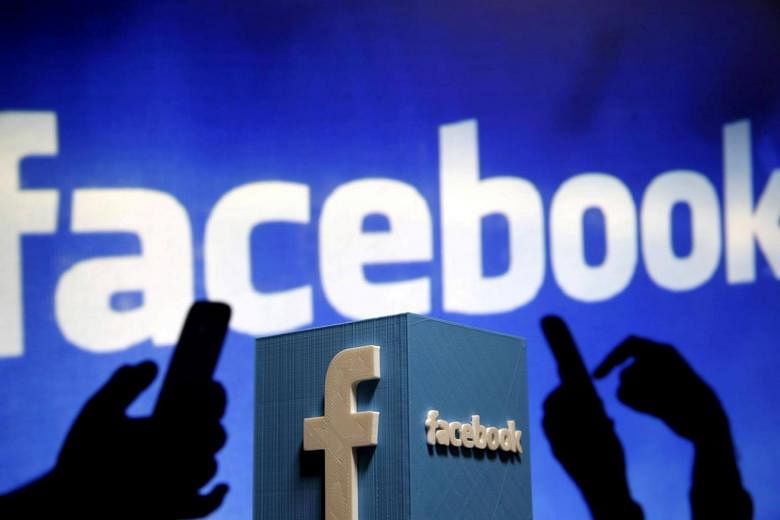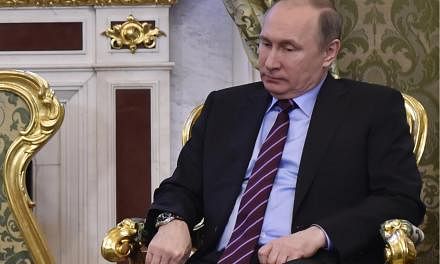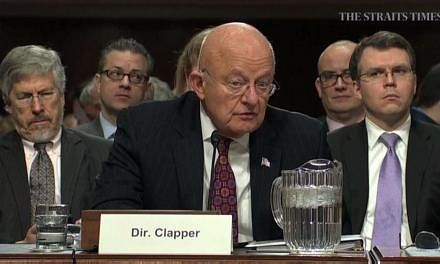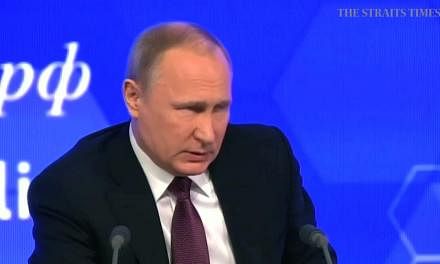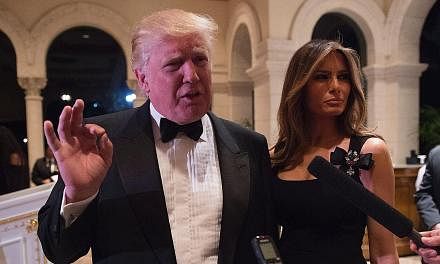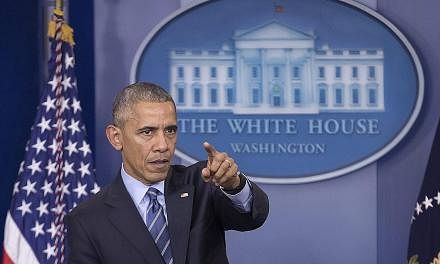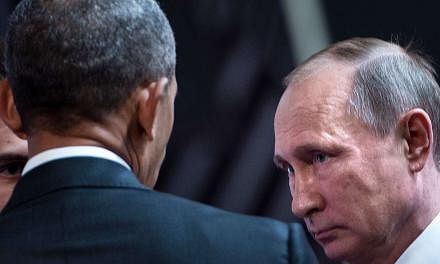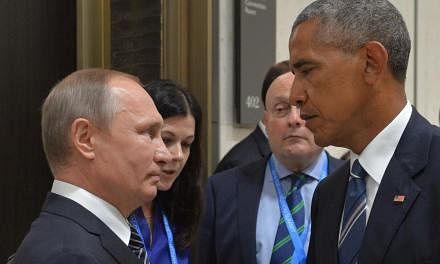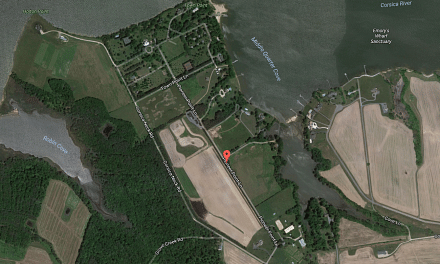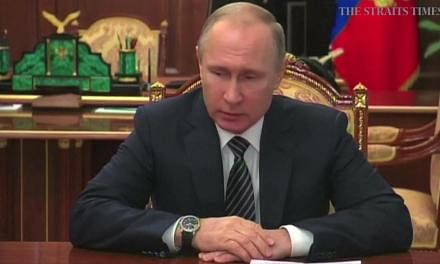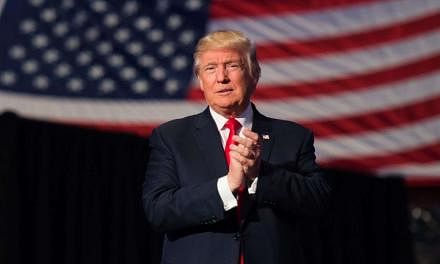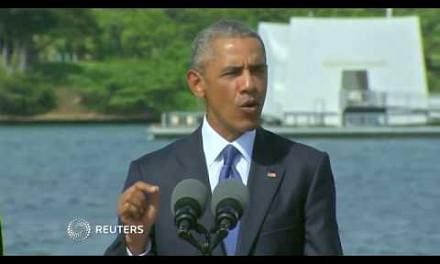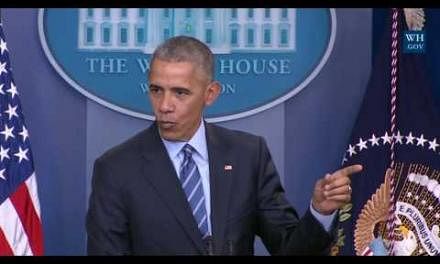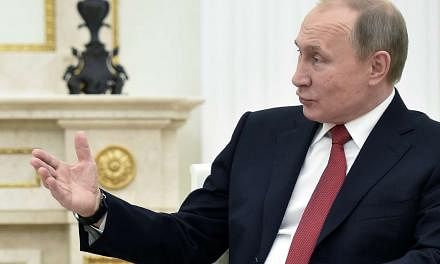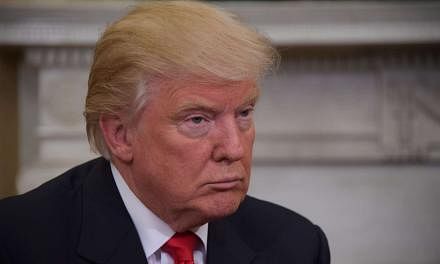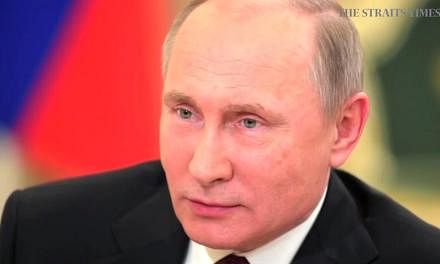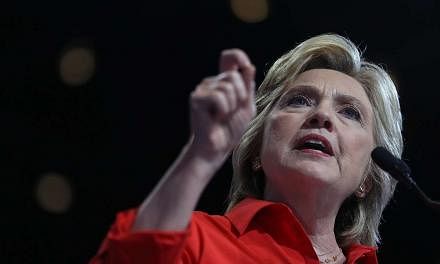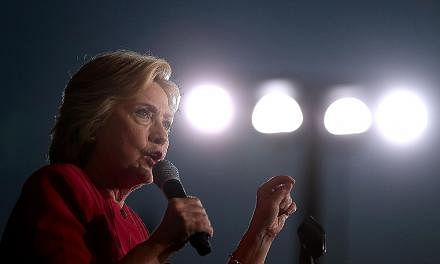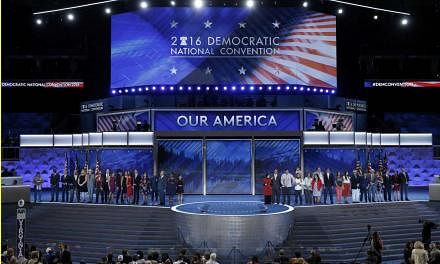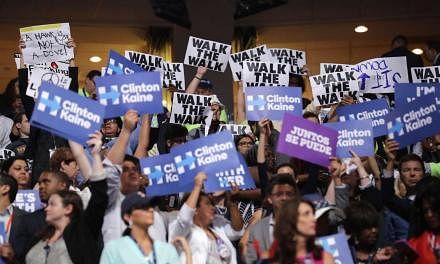WASHINGTON (REUTERS, WASHINGTON POST) - Facebook Inc's general counsel will testify on Nov 1 before a US House of Representatives panel investigating possible Russian meddling in the 2016 US election, the company said on Thursday (Oct 19).
Executives from Twitter Inc and Alphabet Inc's Google also were expected to appear at a public hearing before the House intelligence committee, but have not yet said who will represent them.
General counsel Colin Stretch will be the Facebook representative to take testify, company spokesman Andy Stone said. The company's high-profile Chief Executive Officer Mark Zuckerberg and Chief Operating Officer Sheryl Sandberg will not appear.
Some US lawmakers, increasingly alarmed over evidence that hackers used the Internet to spread fake news and otherwise influence last year's election, have been pushing for more information about social networks.
In the US Senate, Republican John McCain and Democrats Amy Klobuchar and Mark Warner planned to introduce legislation on Thursday that would impose new disclosure requirements on political ads that run on Facebook and other websites.
The Senate and House intelligence committees are two of the main congressional panels probing allegations that Russia sought to interfere in the US election to boost Republican President Donald Trump's chances of winning, and possible collusion between Trump associates and Russia.
Moscow has denied the allegations, and Trump has repeatedly dismissed any accusations of collusion.
Meanwhile Trump suggested Thursday that the FBI may have had a hand in creating an intelligence dossier that alleged ties between Russia and Trump's presidential campaign.
"Workers of firm involved with the discredited and Fake Dossier take the 5th. Who paid for it, Russia, the FBI or the Dems (or all)?" Trump wrote on Twitter.
The compendium of information about Trump, much of it unproven, was produced by a former British intelligence agent last year before Trump won the 2016 election.
Trump has vigorously denied allegations in the document that the Russian government has collected compromising information about him and was engaged in an active effort to assist his campaign.
The Washington Post has previously reported that the FBI agreed in October 2016 to pay the dossier's author, Christopher Steele, for further work that might help its own investigation into Russian election activities.
The FBI, as well as the Senate Intelligence Committee, is investigating Russian interference in the election and alleged contacts between Trump's associates and the Kremlin.
As the allegations contained in the dossier began appearing in news stories and the dossier itself became the subject of intense public debate, Steele became a publicly known figure and the FBI did not pursue further work from him, The Post reported in February.
Trump's Twitter question about whether the FBI may have "paid for" the document suggests that he is asking whether the bureau had been involved earlier in the process, although his precise meaning is unclear.
The FBI declined to comment on Trump's tweet.
Republicans, particularly Senate Judiciary Chairman Charles Grassley, R-Iowa, have sought further answers from the FBI about its relationship with Steele, and its plan to pay him for information that could incriminate Trump or his associates.
It is not uncommon for the FBI to pay sources of information, and Steele was well-known to the FBI. Previously, Steele had helped the FBI put together a sprawling global bribery case involving FIFA, the governing body of world soccer.
When Steele started compiling the dossier in 2016, he was doing so for a Washington firm called Fusion GPS. The firm began researching Trump first for an unidentified GOP donor, and then later for Democrats.
Republican lawmakers have been pressing Fusion GPS for months to identify those who paid for Steele's work, but the firm has refused. Fusion GPS says they have promised confidentiality to their clients and to violate that obligation would harm their business model.
On Wednesday, a lawyer for Fusion GPS said the firm's employees refused to testify in response to a subpoena from the House Intelligence Committee, invoking their constitutional privilege not to do so. The firm's founder, Glenn Simpson, had previously given a 10-hour interview to the Senate Judiciary Committee.
The dossier alleged, among other things, that associates of Trump colluded with the Kremlin on cyberattacks on Democrats.
Trump said Monday that there was "no collusion" with Russia and that special counsel Robert S. Mueller III's investigation into Russian election activities should conclude quickly.
Steele began his Trump investigation in June 2016 after working for another client preparing a report on Russian efforts to interfere with politics in Europe.
US intelligence had been independently tracking Russian efforts to influence electoral outcomes in Europe."Russian regime has been cultivating, supporting and assisting TRUMP for at least 5 years," Steele wrote in June.
Steele's information was provided by an intermediary to the FBI and U.S. intelligence officials after the Democratic National Convention in July, when hacked Democratic emails were first released by WikiLeaks, according to a source familiar with the events. After the convention, Steele contacted a friend in the FBI to personally explain what he had found.
